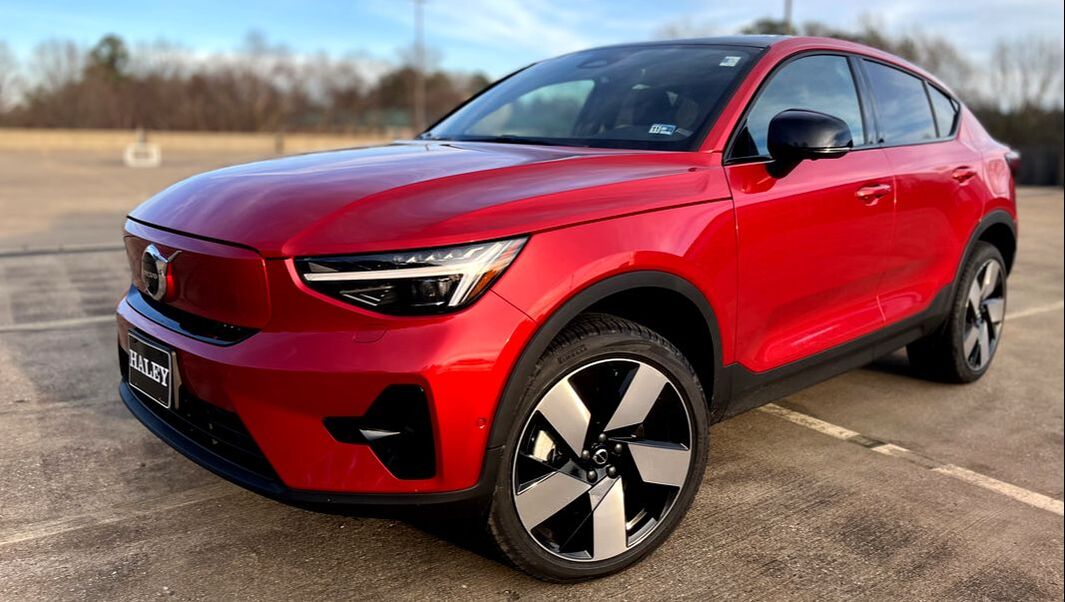|
During Volvo's recent earnings call, CEO Jim Rowan expressed his concern about moving too slowly into the all-electric future. Rowan emphasized that continuing to develop combustion engine vehicles could prove to be a costly mistake in the long run.
His statements are in strong contrast to Toyota's position (and that of other Japanese automakers), which has argued against committing solely to electric vehicles in favor of a more "well-rounded approach". Rowan highlights the growing importance of the electric vehicle market and the need for companies to make a quick strategic shift towards electrification if they want to see success. Rowan cautioned that investing in both internal combustion engines and battery-electric vehicles could potentially result in missed opportunities. In contrast, he noted that Volvo made a bold move to invest in electrification ahead of the impending inflection point. Volvo has already taken significant steps towards an all-electric future, with the company committing to putting one million electrified cars on the road by 2025, and phasing out combustion engines entirely by 2030. Rowan's comments underscore the need for automakers to focus their resources on the growing electric vehicle market. With many countries around the world setting targets to phase out the production and sale of combustion engine vehicles, automakers that fail to prioritize electric vehicle development risk being left behind. "The big problem with industry transitions is if you don't invest ahead of the curve, then you miss that inflection point, and you're not ready for when the market changes," he said. "We are investing ahead of the curve." The biggest challenge for the company will be growing and maintaining the supply of crucial battery materials. "That's pretty much the only thing that stands in the way of full-scale adoption. We are in discussions with mines and processing factories to get direct access to [lithium] at more predictable costs," he said, adding that technologies like lithium iron phosphate (LFP) will help lower the cost of EVs even further. As an example, Ford recently announced that they are adding LFP battery options this year. The electric revolution is happening, and companies like Volvo that are fully committed to the shift are leading the way in the development of electric vehicles. By prioritizing EV development and phasing out combustion engines, Volvo is positioning itself for success in the future of the automotive industry. |
Details
Categories
All
Archives
June 2024
|
- Home
-
Learn.
-
EV 101
>
- EV Terminology
- What is an EV?
- Pros and Cons
- EV Types
- Are used EVs a good option?
- How much range do you really need?
- Real world range
- Types of charging and charging stations
- How Long Does It Take To Charge
- EV Charging Apps
- All about EV Batteries
- Regenerative Braking
- BEV System Components
- EV Maintenance
- EV Mythbusting >
- Podcast
- Newsletter
- Magazine
- Articles >
- Vehicle Reviews
- Alternative Fueling Station Locator
-
EV 101
>
- Connect.
- Experience.
- Deals
- Shop
- About Us



